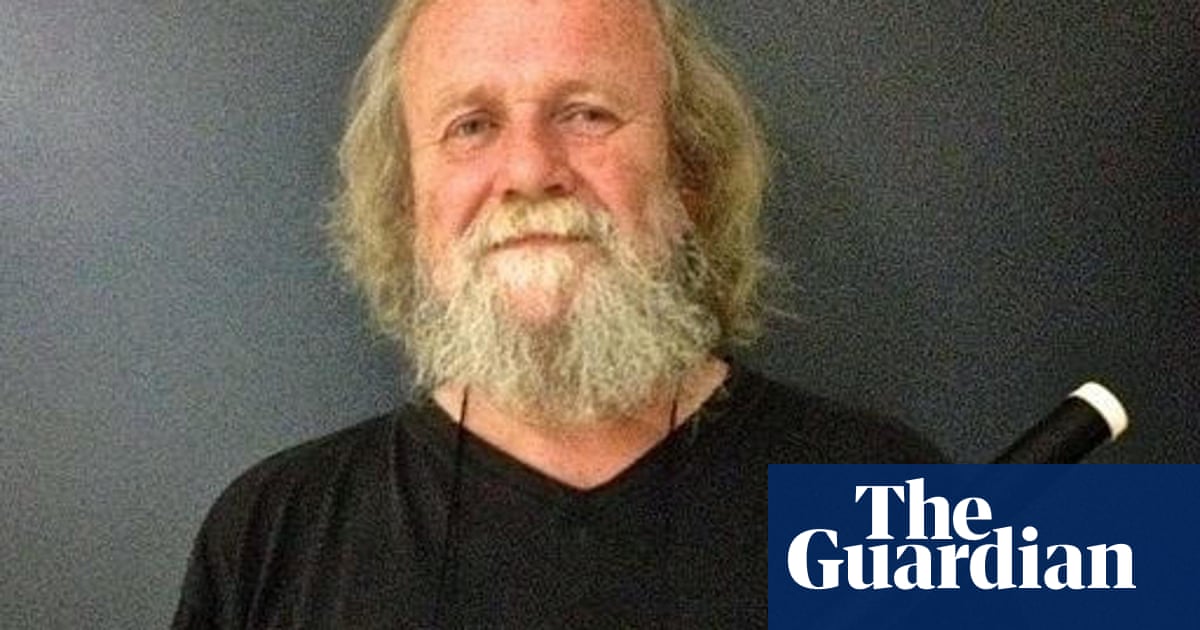My father, Anthony Arnold, who has died unexpectedly aged 67, was a historical instrument maker, a Quaker and an advocate for equality. He dedicated his life to finely crafting baroque and Renaissance instruments, with his earlier years focused on recorders and the later ones on flutes.
He set up his own business to produce instruments by hand and, a perfectionist, would spend days working on each one until it was faultless. He also took a keen interest in restoration of musical instruments from woodwind to harpsichords, violins and viols.
Born in Belfast, to Elsie (nee Dawrant), a teacher and research assistant, and Denis Arnold, a music lecturer at Queen’s University Belfast, Anthony was encouraged to follow his passions by his father, who later became Heather professor of music at Oxford University. The family moved from city to city for Denis’s career, with spells in Venice, Hull andNottingham.
While at Mundella grammar school in Nottingham, Anthony developed an interest in making wind instruments;. This led to him studying instrument repair at Newark Technical College, from 1975 to 1977.
Anthony became a Quaker in his 20s; he once lived in the flat attached to the Nottingham Quaker meeting house and administered the running of the building. He would attend anti-war demonstrations with handmade placards inscribed with statements such as Vivaldi Not Violence and Brahms Not Bombs.
He metWendy Hancock, a professional flautist, in the mid-1970s, and they bought a house in a village on the outskirts of Nottingham, which allowed her to teach from home while he produced instruments in the adjoining workshop. They married in 2015.
Anthony was a devoted husband who took care of Wendy, who died in 2016, during a long period of coping with cancer. His project after her death was to recreate the glass flutes owned by Henry VIII that had fascinated Wendy.
Examining frescoes in the Veneto, Italy, alongside other works, Anthony continued to research the use of glass flutes during the Renaissance. He worked alongside a glass-blower in Murano to discover the techniques used at the time and the sound profile of these instruments, a project that continued up to his death.
Anthony is survived by his children, Helen and me, and his brother, Christopher.
